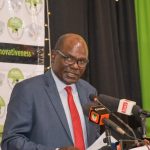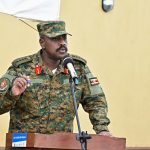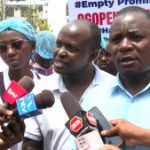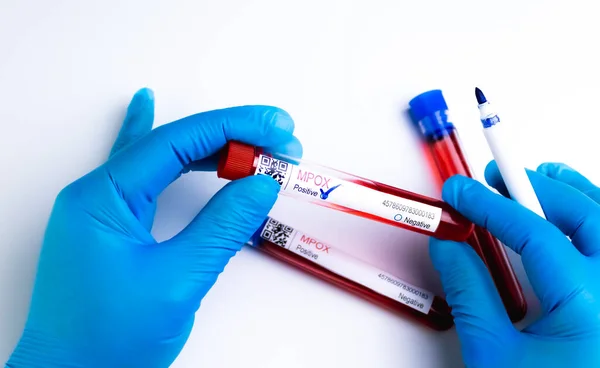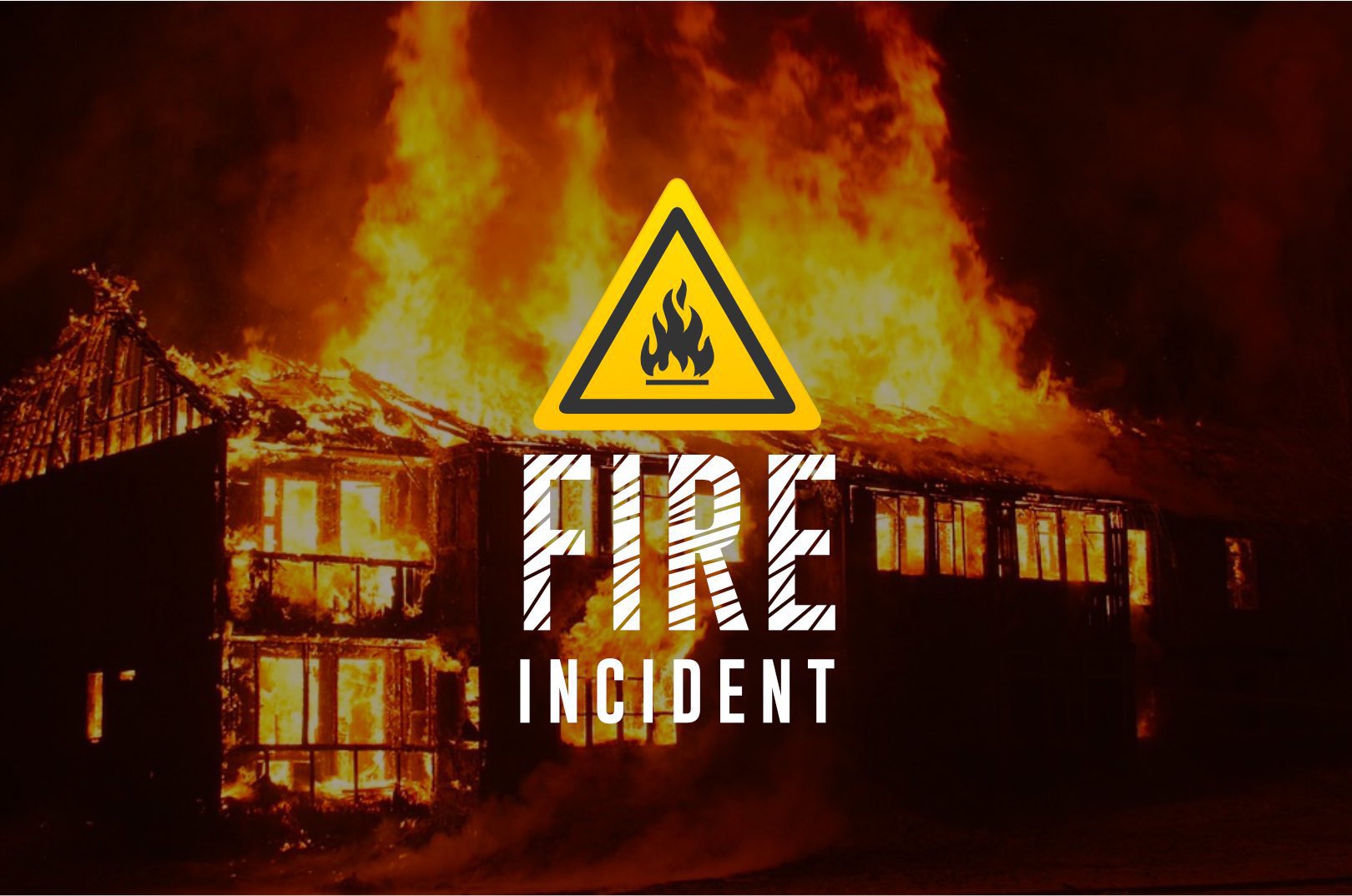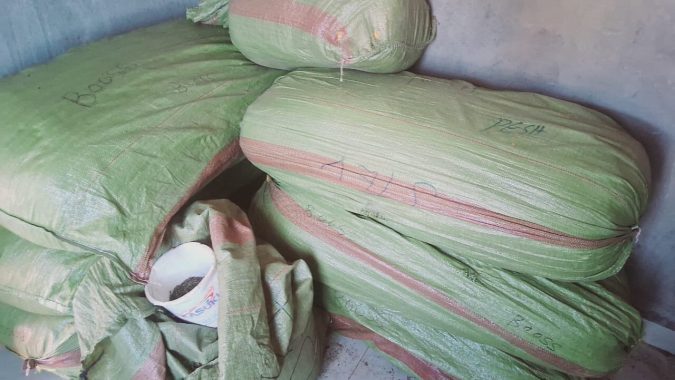Trump’s dismantling of USAid raises risk of mpox global emergency – experts warn
As the Trump administration dismantles the US Agency for International Development (USAID) and retreats from funding global public health efforts, mpox – formerly known as monkeypox – is at greater risk of becoming a wider global emergency, according to aid workers and international health experts.
“It’s a real mistake not to be doing everything we can to control this while we’re still able to,” said Stephen Morse, a professor of epidemiology at Columbia University focusing on risk assessment of infectious diseases. “Taking huge steps backwards is only going to make everything worse.”
The World Health Organization (WHO) declared mpox a public health emergency of international concern last August as cases rose in the Democratic Republic of Congo (DRC) and spread to neighbouring African countries. USAID has been working to contain the virus through vaccination, testing and surveillance efforts on the ground. Last year, USAID and the Centers for Disease Control and Prevention (CDC) contributed $55m in emergency assistance.
But USAid workers with knowledge of the agency’s mpox response said that not all of that money has been disbursed and is now frozen under the administration’s orders to stop nearly all humanitarian aid.
In addition to the funding freeze, USAid workers were evacuated from the country at the end of January, according to court filings. Until weeks ago, the United States was a leader in coordinating response efforts.
One USAid worker, who spoke on condition of anonymity for fear of reprisal, said in planning meetings: “Immediately it’s eyes on USAid of, ‘What are you guys going to do?’ And so everybody’s lost right now.”
The aid freeze has meant that some provinces in the country that depend solely on USAID funds have been stripped of any resources to contain the virus, the worker said.
“We were working on creating a sustainable system that can respond not just to the current mpox outbreak but can be used in the future for any other outbreak and now we’re not sure if that will succeed,” said a second USAid worker with knowledge of the mpox response.
“Just like all these increased cases of Ebola and Marburg in neighbouring countries, it’s not if, but when the next one in the DRC will be and how the country is going to be ready.”
Cutting off resources to contain the current outbreak only increases the chances of mpox spreading to more countries, experts said.
“Disaster and catastrophe are the appropriate words for shutting down USAID. It’s not just about people overseas who will be affected but there’s a likelihood of mpox or the next pandemic spreading to the United States,” said a US-based researcher who studies infectious diseases and asked for anonymity because of ongoing projects with the National Institutes of Health and CDC.
A global outbreak of mpox in 2022 led to more than 100,000 cases in 122 countries and marked the first time that the disease had spread outside of central or western Africa. That outbreak has largely been contained and the number of cases is low, in part due to widespread vaccination efforts.
The more recent outbreak in DRC is a distinct variant from the mpox virus that caused the 2022 outbreak.
The US Secretary of state, Marco Rubio issued guidance that life-saving humanitarian assistance – including food and medicine – may still be dispersed through a waiver despite the funding freeze. USAid workers said that while they have been seeking a waiver to continue mpox programming in the DRC, one had not been approved yet.
While Trump administration officials have said they aim to reduce wasteful spending and fraud, public health researchers criticized the speed and ferocity of the cuts.
“If you’re gonna do these types of cuts, they have to be mindful,” said Amesh Adalja, a professor at the Johns Hopkins Bloomberg School of Public Health.
“There’s this unpredictability that you can’t have if you’re trying to run a disease control program.”
A lot of organizations are dependent on USAID funding. When that’s pulled, Adalja explained, “making decisions about vaccine allocation, vaccine programs, testing strategies, is missing expert input, and that makes it harder for it makes it harder for control efforts”.
While much of the agency’s programming remains halted, the future of USAID continues to be challenged in court cases. One federal judge ruled last Thursday that the aid freeze must be temporarily halted and gave the government five days to comply. Aid workers said the ruling has created confusion on how to restart programs that may be simply axed again shortly.
Though USAid employees said in interviews they are most concerned about finding ways to continue the agency’s aid work, the last several weeks have been personally taxing as well, according to court testimony.
Three USAid workers described the chaos of being pulled from the Democratic Republic of Congo on 28 January as part of a federal lawsuit filed by unions representing federal workers. After protests broke out in Kinshasa, the embassy issued an order to evacuate. But with foreign aid frozen, Washington offices closed and many colleagues placed on administrative leave, USAid employees had little communication and were forced to fund their evacuations.
Workers described being shuttled into boats with their families with just enough space to hold a carry-on bag each on their laps or a backpack – many leaving pets and most of their belongings behind. Now, back in Washington, their careers still remain in limbo.
“I have been experiencing health consequences related to extreme stress, anguish and sleep deprivation due to worrying about staff, partners and the situation in general in DRC and not being able to respond in the way that I normally would,” a USAid employee using the pseudonym Nancy Doe said in an 11 February filing.
Morse, a professor at Columbia University, notes that the US pulling out from the WHO in tandem with shutting down USAid work is a “double hit”. The United States was the biggest donor of the WHO and also benefited from sharing research with other countries it will no longer be privy to.
“If we blindfold ourselves and tie our hands, we’re not going to make ourselves safer,” said Morse. “We will just be less aware of what’s killing us or what’s making us sick.”
